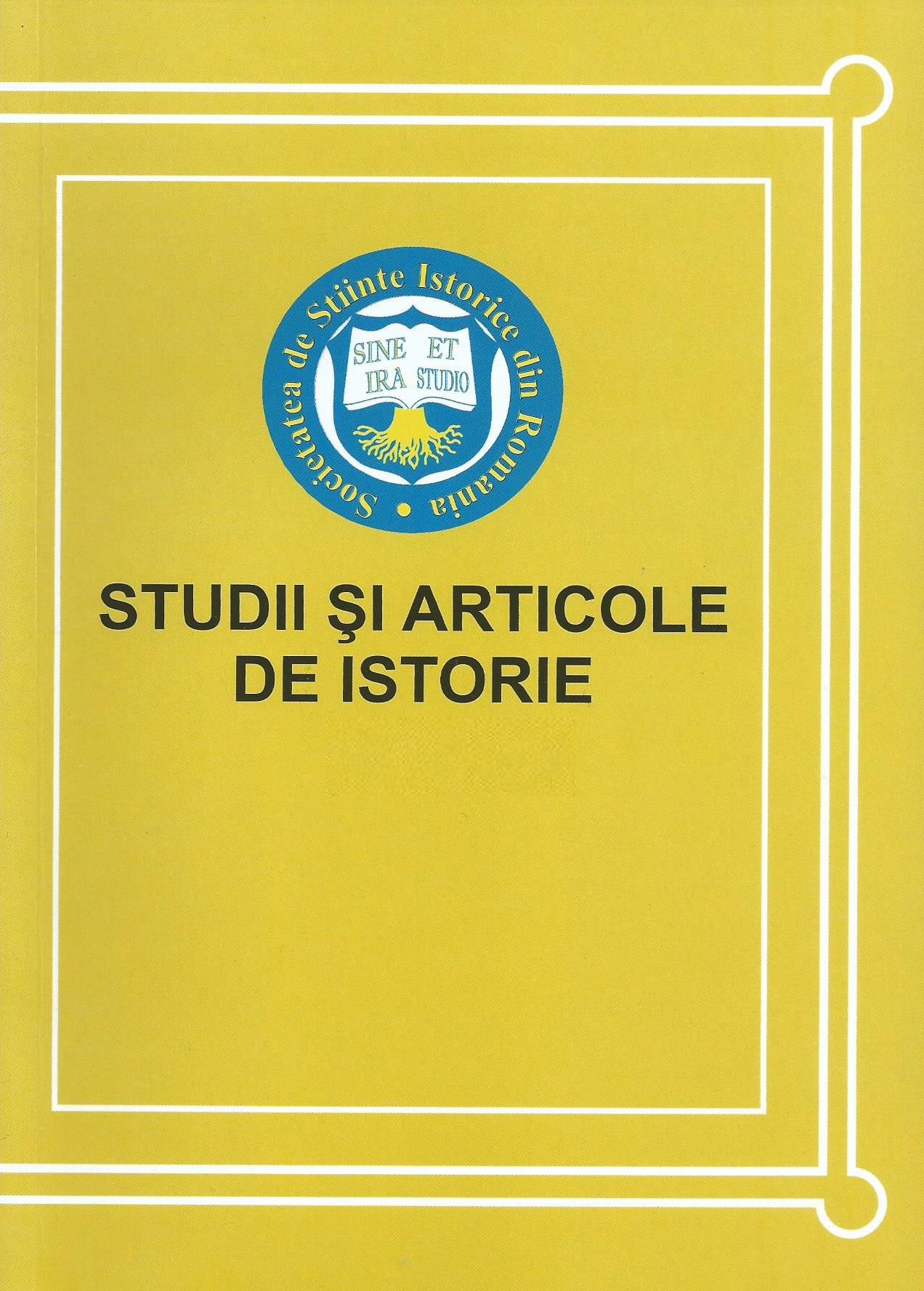ÎNTRE MIZANTROPIE ŞI OPTIMISM:
CAZUL LUI G. CĂLINESCU
BETWEEN MISANTHROPY AND OPTIMISM:
THE CASE OF G. CĂLINESCU
Author(s): Bogdan Teodorescu, Cristina HornoiuSubject(s): History, Language and Literature Studies, Cultural history, Recent History (1900 till today), Romanian Literature, History of Communism
Published by: Societatea de Ştiinţe Istorice din România
Keywords: G. Călinescu; Antonescu’s trial; pro-communist journalism; History of Romanian literature;
Summary/Abstract: The complex personality of G. Călinescu makes out of his political affiliation adifficult subject to analyse. We may claim, given our research up to this date, that atleast for a while, he was, as declared, apolitical. That was until the 40' when he didnot even join any political party. Furthermore, he even declared in the culturalnewspaper “Adevărul literar şi artistic” that: “I don't want to have any belief norattitude related to this”. Before World War II, his interest was only to sustain thenational cause, but just from a literary perspective.During the authority monarchy of King Carol II (1938-1940) G. Călinescu hadclearly pronounced his opinion in favour of the separation between the literary worldand the political one. Later on, during the dictatorship of Ion Antonescu, as aconsequence of his publication “The History of Romanian Literature”, his life beganto complicate more and more. Whereupon, many agreed to have him removed fromthe superior educational system. As a response, in 41'-43' his right of signature waswithdrawn.After 23 August 44' he gradually entered the Communist press. These days, weacknowledge some of his choices in politics. Thereby it is spoken of his bastard origin, his humble social condition and how was welcomed his greatest achievement,The History of Romanian Literature, by the public.Through the communist era, he joined the new leadership of the country, first as member of the Popular National Party (1946-1949) and then of RomanianWorkers' Party (1962-1965), without ceasing to write. Likewise, he used his talent for the consolidation of the Communist Party and for sustaining a political regime nowconvicted by history. Obviously, Călinescu was very much aware of his actions, but inorder to protect not only his past creations but also his future ones, he had no other choice.What is more to be debated is if we can put a red line between the brilliant literary critic and the Communist militant. A person that had even recognized during the meetings of the party to have written articles as dictated. In the end, we might wonder if we can justify all of his actions, even political ones, due to his achievements in the literary world.
Journal: Studii şi articole de istorie
- Issue Year: 2023
- Issue No: 90
- Page Range: 56-88
- Page Count: 33
- Language: Romanian

